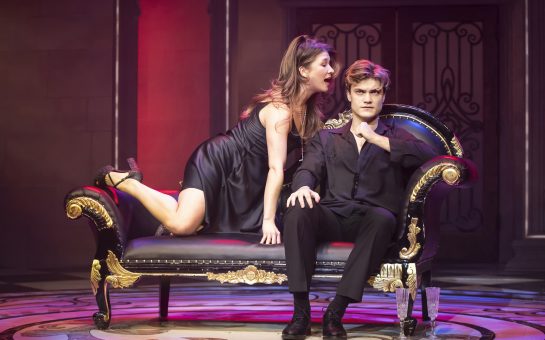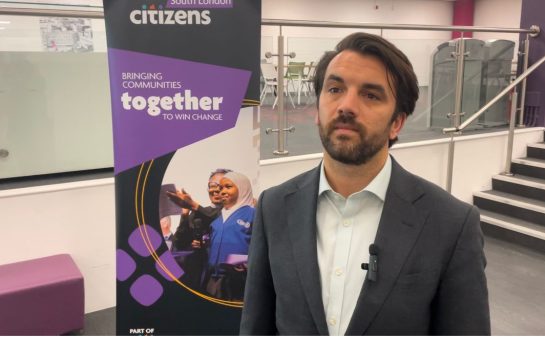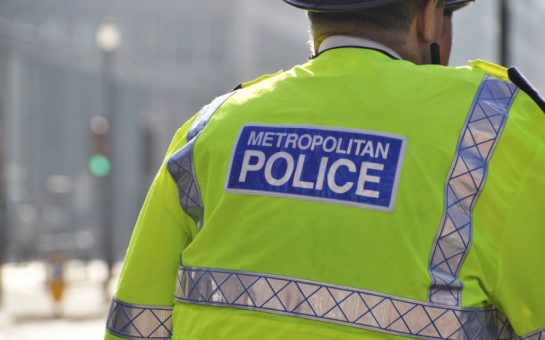Talking about his experience of the scandal, Mr Watson was humorous in his hindsight, but revealed the significant pressure he was under.

There’s nothing like discussing politics in a tent on a cold October evening but clearly the organiser’s didn’t need to warm up the crowd for this Wimbledon Bookfest session.
Surprisingly there wasn’t a flask in sight, considering the majority of the audience looked to be of the middle-aged variety.
But I wish there had been more young people there to witness Tom Watson’s opinion on the state of the media on Wednesday night and what lies ahead of us as trainee journalists, who will undoubtedly suffer as a result of the Leveson Inquiry.
Talking about his experience of the scandal, Mr Watson was humorous in his hindsight, but revealed the significant pressure he was under.
Mr Watson said: “It’s been tough but I kind of laugh about it now.”
This was followed by an explanation about how a group, including former MET Police officer and surveillance specialist Derek Webb, was commissioned to follow him and try to prove he was having an affair.
A wave of laughter descended when Mr Watson revealed that he later rang Mr Webb up and introduced himself.
Of course, although humour is always a welcome addition to any political conversation, the severity of the situation itself was at the forefront of Mr Watson’s message, and with the Leveson Inquiry still underway, we did want answers to the question of why it all happened in the first place.
In response, Mr Watson said: “It’s incredibly strange that you realise it went to that depth when you’re trying to keep a clear view and realise that the real story is an abuse of power and a failure of politics.”
Interviewer Samira Ahmed picked-up on this when she asked if, even without News Corporation, the corruption could have happened anyway.
Even admitting his own share of responsibility, Mr Watson said the problem lay in the fact that politicians could have stopped it but did not.
He added: “We allowed him (Murdoch) to get too powerful so there are lessons to be learnt about allowing people to own too much of Britain’s media estate – political classes allowed that to happen – he is just a power hungry tycoon.”
Following the recent allegations about Sir Jimmy Savile, Mr Watson also questioned the role the MET Police played in the phone-hacking scandal.
Reflecting on 70s and 80s culture, Mr Watson ironically observed that Saville was the only one not to have his phone hacked and asked: “Why didn’t our so-called free press turn this story around when it was staring them in the face?”
And then there are us, the journalists in training, slogging it out to get into the industry, and realising the sad reality of the Murdochs’ actions.
It’s the journalists at the bottom who will be hit hardest. Mr Watson said he’d given references to those at the News of the World who were sacked even though they were not involved and they often had to explain to possible future employers that they weren’t the unethical types they had been portrayed to be.
If you want to read more about Mr Watson’s search for the truth pick up a copy of his book, co-authored with Martin Hickman, titled: “M for Murdoch” (RRP £20).
Follow us on @SW_Londoner




